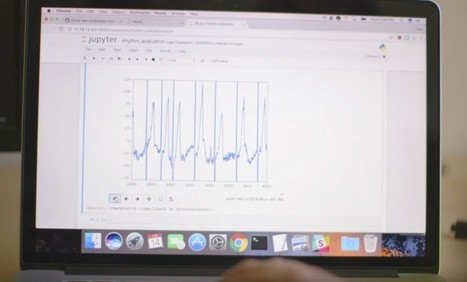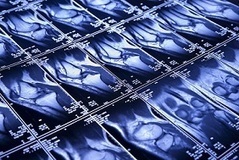It might not be long before algorithms routinely save lives—as long as doctors are willing to put ever more trust in machines.
An algorithm that spots heart arrhythmia shows how AI will revolutionize medicine—but patients must trust machines with their lives.
A team of researchers at Stanford University, led by Andrew Ng, a prominent AI researcher and an adjunct professor there, has shown that a machine-learning model can identify heart arrhythmias from an electrocardiogram (ECG) better than an expert.
The automated approach could prove important to everyday medical treatment by making the diagnosis of potentially deadly heartbeat irregularities more reliable. It could also make quality care more readily available in areas where resources are scarce.
The work is also just the latest sign of how machine learning seems likely to revolutionize medicine. In recent years, researchers have shown that machine-learning techniques can be used to spot all sorts of ailments, including, for example, breast cancer, skin cancer, and eye disease from medical images.
more at : https://www.technologyreview.com/s/608234/the-machines-are-getting-ready-to-play-doctor/



 Your new post is loading...
Your new post is loading...








